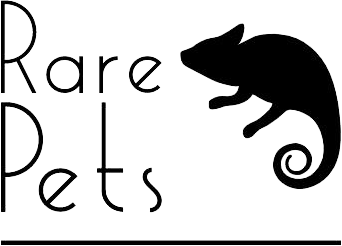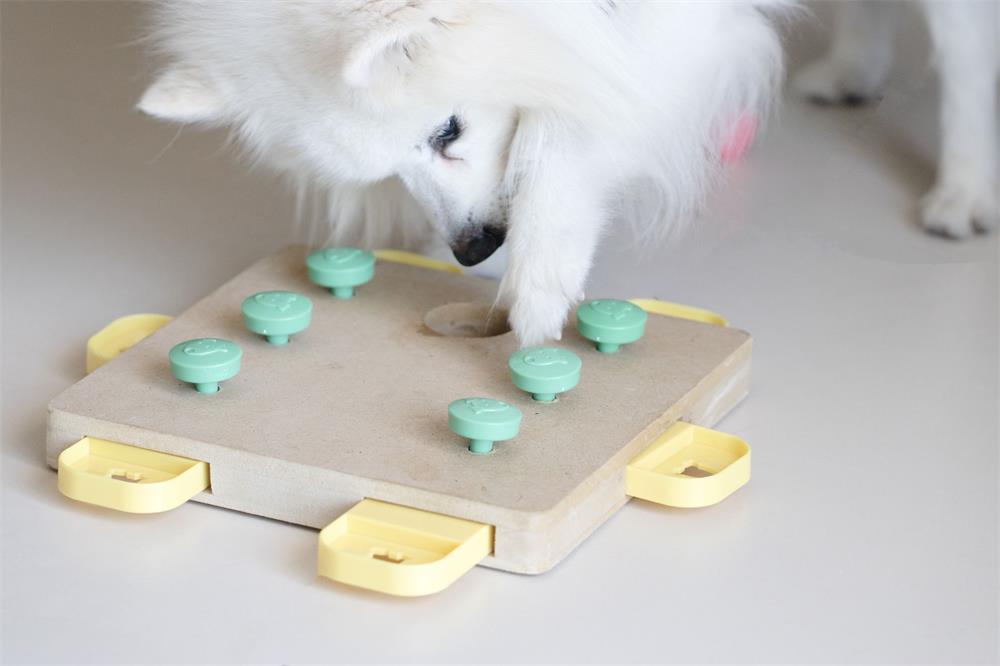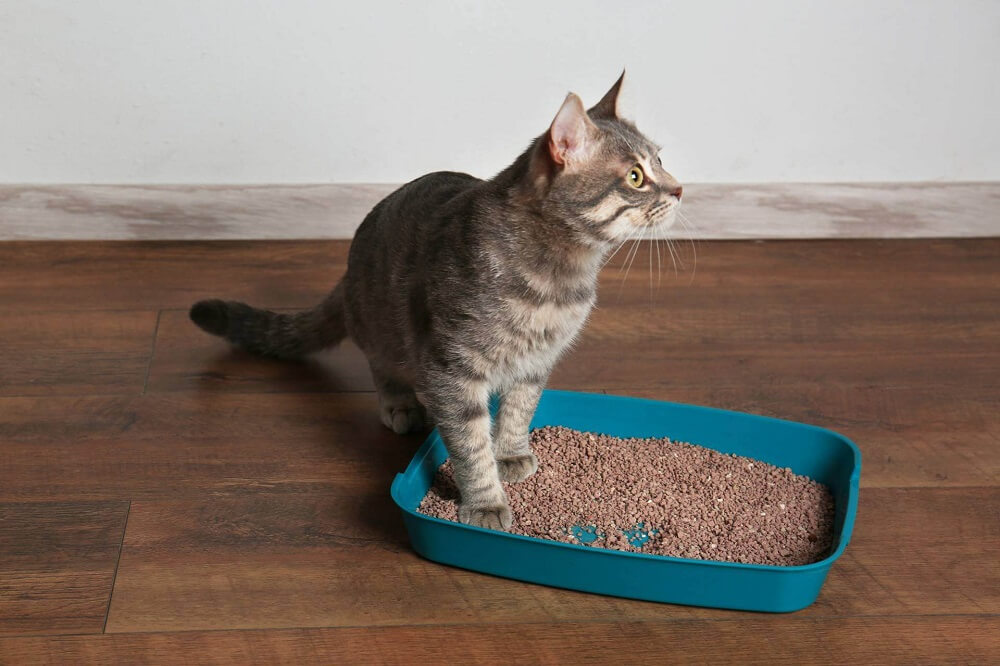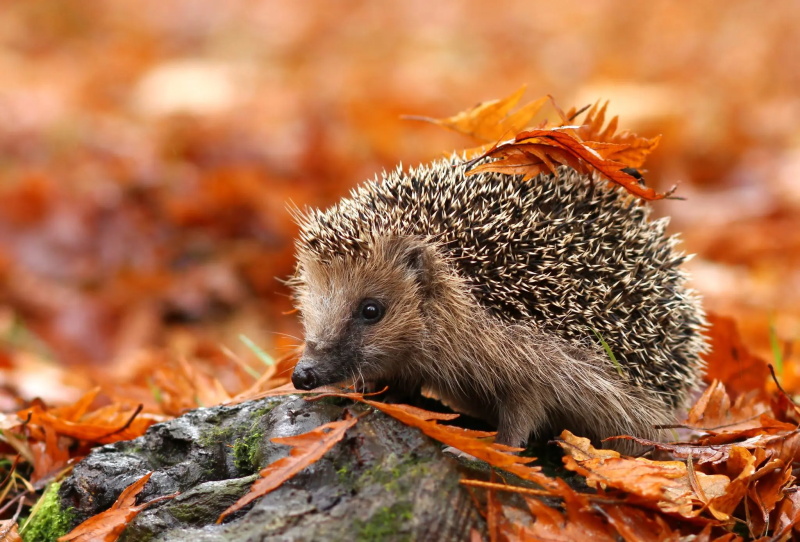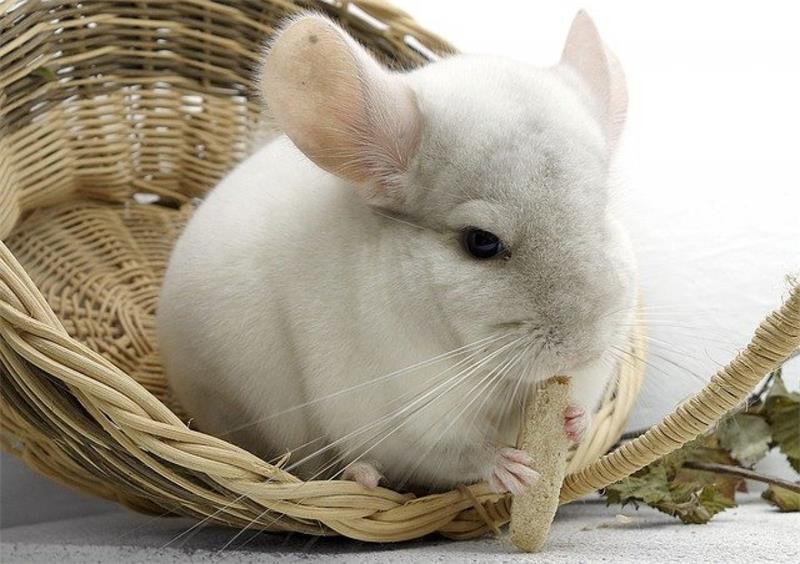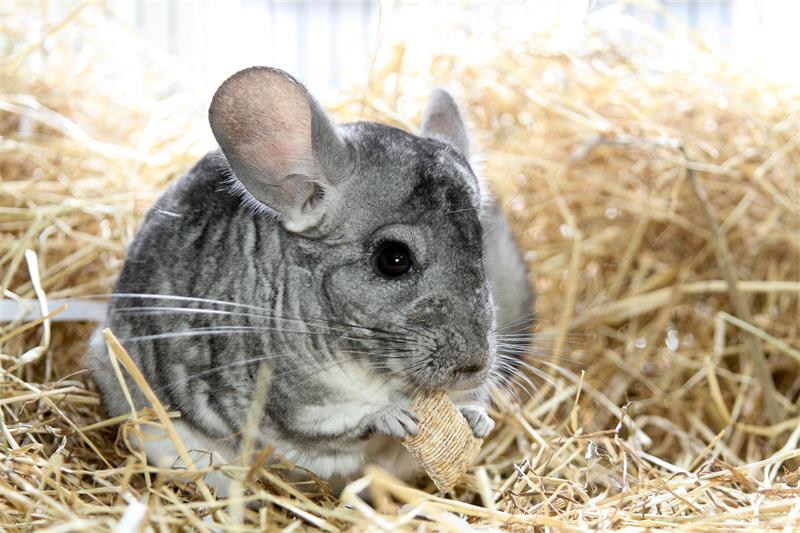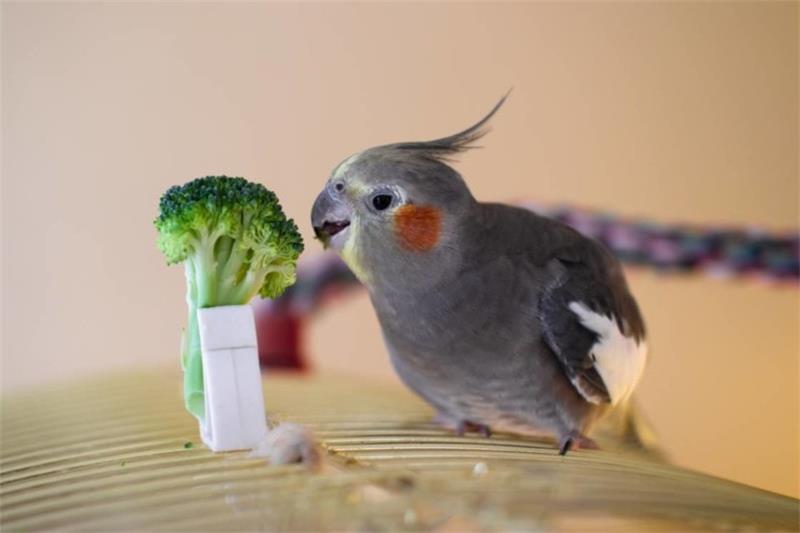
Table of Contents
Cockatiels are wonderful pets that can live up to 20 years with proper care and nutrition. One of the best ways to keep your cockatiel healthy and happy is to feed them a varied diet that includes fresh fruits and vegetables. Fruits and vegetables provide your cockatiel with essential vitamins, minerals, antioxidants, and fiber that can boost their immune system, digestion, and overall well-being.
However, not all fruits and vegetables are safe or suitable for cockatiels. Some can be toxic, indigestible, or cause health problems if fed in excess. Therefore, it is important to know what fruits and vegetables you can offer to your cockatiel, how to prepare them, and how much to feed them.
In this article, we will give you a comprehensive guide on what fruits and vegetables can cockatiels eat, as well as some tips on how to introduce them to your feathered friend.
Fruits for Cockatiels
Fruits are a great source of natural sugars, water, and antioxidants for cockatiels. They can help keep your cockatiel hydrated, energized, and prevent oxidative stress. However, fruits should not make up more than 10% of your cockatiel’s daily diet, as they are high in calories and can cause obesity or diabetes if overfed. Fruits should also be fed in moderation to avoid diarrhea or stomach upset.
Here are some of the fruits that you can safely feed to your cockatiel:
- Apples: Apples are one of the most common and popular fruits for cockatiels. They are rich in fiber, vitamin C, and potassium. They can help improve your cockatiel’s digestion, immunity, and heart health. You can feed your cockatiel any variety of apples, but make sure to remove the seeds, as they contain cyanide, which is poisonous for birds. You can also peel the apple or wash it thoroughly to remove any pesticides or chemicals from the skin. You can offer your cockatiel a whole apple or cut it into slices or pieces for easier consumption.
- Bananas: Bananas are another staple fruit for cockatiels. They are high in potassium, magnesium, vitamin B6, and fiber. They can help regulate your cockatiel’s blood pressure, nerve function, and bowel movements. You can peel the banana or wash the peel before offering it to your cockatiel. Some cockatiels may enjoy peeling the banana themselves as a form of enrichment. You can feed your cockatiel a whole banana or break it into chunks or slices.
- Grapes: Grapes are a juicy and sweet treat for cockatiels. They are high in water, vitamin C, vitamin K, and antioxidants. They can help hydrate your cockatiel, protect their cells from damage, and support their blood clotting. You can feed your cockatiel any color or variety of grape, but make sure to wash them well to remove any residues or dirt from the skin. You can also cut the grapes in half or quarters to make them easier for your cockatiel to eat.
- Strawberries: Strawberries are a delicious and nutritious fruit for cockatiels. They are high in vitamin C, folate, manganese, and antioxidants. They can help boost your cockatiel’s immune system, metabolism, and bone health. You can feed your cockatiel fresh or frozen strawberries, but make sure to wash them well or thaw them before offering them. You can also remove the green leaves or stems from the strawberries, as they may be hard for your cockatiel to digest.
- Peaches: Peaches are a soft and succulent fruit for cockatiels. They are high in vitamin A, vitamin C, vitamin E, potassium, and fiber. They can help improve your cockatiel’s vision, skin health, and digestion. You can feed your cockatiel fresh or canned peaches, but make sure to remove the pit, as it can be a choking hazard or contain cyanide. You can also peel the peach or wash it well to remove any pesticides or chemicals from the skin. You can offer your cockatiel a whole peach or cut it into slices or pieces.
- Nectarines: Nectarines are similar to peaches, but have smoother skin and a slightly different flavor. They are also high in vitamin A, vitamin C, vitamin E, potassium, and fiber. They can provide the same benefits as peaches for your cockatiel’s health. You can feed your cockatiel fresh or canned nectarines, but make sure to remove the pit, as it can be dangerous for your bird. You can also wash the nectarine well to remove any residues or dirt from the skin. You can offer your cockatiel a whole nectarine or cut it into slices or pieces.
- Apricots: Apricots are another stone fruit that cockatiels can enjoy. They are high in vitamin A, vitamin C, vitamin E, potassium, iron, and fiber. They can help support your cockatiel’s eye health, immune system, blood production, and digestion. You can feed your cockatiel fresh or dried apricots, but make sure to remove the pit, as it can be harmful to your bird. You can also peel the apricot or wash it well to remove any pesticides or chemicals from the skin. You can offer your cockatiel a whole apricot or cut it into slices or pieces.
- Pears: Pears are a crunchy and sweet fruit for cockatiels. They are high in vitamin C, vitamin K, copper, and fiber. They can help improve your cockatiel’s immunity, bone health, nerve function, and digestion. You can feed your cockatiel any variety of pear, but make sure to remove the seeds and core, as they can be indigestible or toxic for your bird. You can also peel the pear or wash it well to remove any pesticides or chemicals from the skin. You can offer your cockatiel a whole pear or cut it into slices or pieces.
- Mangoes: Mangoes are tropical fruit that cockatiels love. They are high in vitamin A, vitamin C, vitamin E, vitamin B6, potassium, and antioxidants. They can help enhance your cockatiel’s vision, skin health, immunity, metabolism, and cellular protection. You can feed your cockatiel fresh or frozen mangoes, but make sure to remove the pit and peel, as they can be hard for your bird to eat or digest. You can offer your cockatiel a whole mango or cut it into slices or pieces.
- Papayas: Papayas are another tropical fruit that cockatiels enjoy. They are high in vitamin A, vitamin C, vitamin E, folate, potassium, and antioxidants. They can help improve your cockatiel’s eye health, immune system, skin health, and cellular protection. You can feed your cockatiel fresh or dried papayas, but make sure to remove the seeds and peel, as they can be hard for your bird to eat or digest. You can offer your cockatiel whole papaya or cut it into slices or pieces.
- Kiwis: Kiwis are a fuzzy and tangy fruit for cockatiels. They are high in vitamin C, vitamin K, vitamin E, folate, potassium, and fiber. They can help boost your cockatiel’s immunity, blood clotting, skin health, and digestion. You can feed your cockatiel fresh or dried kiwis, but make sure to peel them or wash them well to remove any pesticides or chemicals from the skin. You can offer your cockatiel a whole kiwi or cut it into slices or pieces.
- Guavas: Guavas are a fragrant and flavorful fruit for cockatiels. They are high in vitamin C, vitamin A, vitamin E, vitamin K, folate, potassium, magnesium, and antioxidants. They can help support your cockatiel’s immune system, vision, skin health, bone health, nerve function, and cellular protection. You can feed your cockatiel fresh or frozen guavas, but make sure to wash them well to remove any residues or dirt from the skin. You can offer your cockatiel whole guava or cut it into slices or pieces.
- Cantaloupe: Cantaloupe is a melon that cockatiels like. It is high in water, vitamin A, vitamin C, vitamin B6, potassium, and fiber. It can help hydrate your cockatiel, and improve their eye health, immunity, metabolism, and digestion. You can feed your cockatiel fresh or frozen cantaloupe, but make sure to remove the seeds and rind, as they can be indigestible or toxic for your bird. You can offer your cockatiel a whole cantaloupe or cut it into slices or pieces.
- Watermelon: Watermelon is another melon that cockatiels enjoy. It is high in water, vitamin A, vitamin C, vitamin B6, potassium, and antioxidants. It can help hydrate your cockatiel, and improve their vision, immunity, metabolism, and cellular protection. You can feed your cockatiel fresh or frozen watermelon, but make sure to remove the seeds and rind, as they can be hard for your bird to eat or digest. You can offer your cockatiel a whole watermelon or cut it into slices or pieces.
- Pineapples: Pineapples are a sweet and sour fruit for cockatiels. They are high in vitamin C, vitamin B6, manganese, and bromelain. They can help enhance your cockatiel’s immune system, nerve function, bone health, and digestion. You can feed your cockatiel fresh or canned pineapples, but make sure to remove the core and peel, as they can be indigestible or irritating for your bird. You can offer your cockatiel a whole pineapple or cut it into slices or pieces.
- Plums: Plums are a juicy and tasty fruit for cockatiels. They are high in vitamin A, vitamin C, vitamin K, potassium, and fiber. They can help improve your cockatiel’s eye health, immune system, blood clotting, and digestion. You can feed your cockatiel fresh or dried plums, but make sure to remove the pit, as it can be a choking hazard or contain cyanide. You can also wash the plum well to remove any pesticides or chemicals from the skin. You can offer your cockatiel a whole plum or cut it into slices or pieces.
- Raspberries: Raspberries are a berry that cockatiels love. They are high in vitamin C, vitamin K, manganese, and antioxidants. They can help protect your cockatiel’s cells from damage, and support their blood clotting, and bone health. You can feed your cockatiel fresh or frozen raspberries, but make sure to wash them well to remove any residues or dirt from the skin. You can offer your cockatiel a whole raspberry or break it into smaller pieces.
- Blueberries: Blueberries are another berry that cockatiels enjoy. They are high in vitamin C, vitamin K, manganese, and antioxidants. They can help protect your cockatiel’s cells from damage, and support their blood clotting, and bone health. You can feed your cockatiel fresh or frozen blueberries, but make sure to wash them well to remove any residues or dirt from the skin. You can offer your cockatiel a whole blueberry or break it into smaller pieces.
- Oranges: Oranges are a citrus fruit that cockatiels can eat. They are high in vitamin C, folate, potassium, and fiber. They can help boost your cockatiel’s immune system, blood production, nerve function, and digestion. You can feed your cockatiel fresh or canned oranges, but make sure to remove the seeds and peel, as they can be hard for your bird to eat or digest. You can also avoid feeding too much orange juice, as it can be acidic and cause stomach upset. You can offer your cockatiel a whole orange or cut it into slices or pieces.
- These are some of the fruits that you can feed to your cockatiel, but there are many more that you can try. Some other fruits that are safe for cockatiels include cherries, cranberries, dates, figs, grapes, kiwis, lychees, melons, passion fruit, pomegranates, and star fruit. However, you should always do your research before feeding any new fruit to your cockatiel, as some fruits may be toxic or unsuitable for them.
Vegetables for Cockatiels
Vegetables are another important part of your cockatiel’s diet. They are low in calories and high in vitamins, minerals, antioxidants, and fiber. They can help improve your cockatiel’s health by providing them with a wide range of nutrients that can support their growth, development, and function. Vegetables should make up between 10-15% of your cockatiel’s daily diet.
Here are some of the vegetables that you can safely feed to your cockatiel:
- Carrots: Carrots are one of the most popular and beneficial vegetables for cockatiels. They are high in vitamin A, vitamin K, vitamin C, beta-carotene, and fiber. They can help improve your cockatiel’s vision, skin health, immune system, blood clotting, and digestion. You can feed your cockatiel fresh or cooked carrots, but make sure to wash them well or peel them to remove any pesticides or chemicals from the skin. You can also avoid feeding too much carrot juice, as it can be high in sugar and cause obesity or diabetes. You can offer your cockatiel a whole carrot or cut it into slices or pieces.
- Broccoli: Broccoli is another nutritious and tasty vegetable for cockatiels. It is high in vitamin C, vitamin K, vitamin B6, folate, iron, calcium, and antioxidants. It can help boost your cockatiel’s immune system, blood production, bone health, and cellular protection. You can feed your cockatiel fresh or cooked broccoli, but make sure to wash it well to remove any residues or dirt from the surface. You can also avoid feeding too much broccoli juice, as it can be acidic and cause stomach upset. You can offer your cockatiel a whole broccoli or cut it into florets or pieces.
- Cauliflower: Cauliflower is a similar vegetable to broccoli that cockatiels can eat. It is high in vitamin C, vitamin K, vitamin B6, folate, choline, and fiber. It can help support your cockatiel’s immune system, blood production, nerve function, and digestion. You can feed your cockatiel fresh or cooked cauliflower, but make sure to wash it well to remove any residues or dirt from the surface. You can also avoid feeding too much cauliflower juice, as it can be acidic and cause stomach upset. You can offer your cockatiel a whole cauliflower or cut it into florets or pieces.
- Beans: Beans are a legume that cockatiels can eat. They are high in protein, iron, folate, fiber, and antioxidants. They can help improve your cockatiel’s muscle growth, blood production, metabolism, and cellular protection. You can feed your cockatiel-cooked beans of any variety, such as black beans, kidney beans, pinto beans, chickpeas, lentils, soybeans, etc. However, you should never feed your cockatiel raw or dried beans, as they can contain lectins, which are toxic for birds. You should also avoid feeding too many beans, as they can cause gas or bloating. You can offer your cockatiel a small number of beans or mash them into a paste.
- Peas: Peas are another legume that cockatiels can eat. They are high in protein, vitamin C, vitamin K, vitamin A, folate, manganese, and fiber. They can help support your cockatiel’s immune system, blood clotting, vision, metabolism, and digestion. You can feed your cockatiel fresh or frozen peas, but make sure to thaw them before offering them. You can also avoid feeding too many peas, as they can cause gas or bloating. You can offer your cockatiel a whole pea or break it into smaller pieces.
- Corn: Corn is a cereal grain that cockatiels can eat. It is high in carbohydrates, vitamin C, vitamin B6, thiamine, niacin, and fiber. It can help provide your cockatiel with energy, immunity, nerve function, and digestion. You can feed your cockatiel fresh or canned corn, but make sure to wash it well to remove any residues or dirt from the surface. You can also avoid feeding too much corn, as it can be high in calories and cause obesity or diabetes. You can offer your cockatiel a whole corn cob or cut it into kernels or pieces.
- Brussels sprouts: Brussels sprouts are a cruciferous vegetable that cockatiels can eat. They are high in vitamin C, vitamin K, vitamin A, folate, manganese, and antioxidants. They can help improve your cockatiel’s immune system, blood clotting, vision, metabolism, and cellular protection. You can feed your cockatiel fresh or cooked Brussels sprouts, but make sure to wash them well to remove any residues or dirt from the surface. You can also avoid feeding too many Brussels sprouts, as they can cause gas or bloating. You can offer your cockatiel a whole Brussels sprout or cut it into halves or quarters.
- Lettuce: Lettuce is a leafy green vegetable that cockatiels can eat. It is high in water, vitamin A, vitamin K, vitamin C, folate, and fiber. It can help hydrate your cockatiel, and improve their eye health, blood clotting, immune system, and digestion. You can feed your cockatiel any variety of lettuce, such as romaine, iceberg, butterhead, etc. However, you should avoid feeding iceberg lettuce too often, as it has low nutritional value and can cause diarrhea. You should also wash the lettuce well to remove any pesticides or chemicals from the leaves. You can offer your cockatiel a whole lettuce leaf or tear it into smaller pieces.
- Mustard greens: Mustard greens are another leafy green vegetable that cockatiels can eat. They are high in vitamin A, vitamin C, vitamin K, vitamin E, folate, calcium, iron, and antioxidants. They can help support your cockatiel’s vision, skin health, immune system, blood clotting, blood production, and bone health. You can feed your cockatiel fresh or cooked mustard greens, but make sure to wash them well to remove any residues or dirt from the leaves. You can also avoid feeding too many mustard greens, as they can be spicy and cause stomach upset. You can offer your cockatiel a whole mustard green leaf or tear it into smaller pieces.
- Asparagus: Asparagus is a stem vegetable that cockatiels can eat. It is high in vitamin A, vitamin C, vitamin K, folate, iron, and fiber. It can help improve your cockatiel’s eye health, immune system, blood production, and digestion. You can feed your cockatiel fresh or cooked asparagus, but make sure to wash it well to remove any residues or dirt from the surface. You can also avoid feeding too much asparagus, as it can cause gas or bloating. You can offer your cockatiel a whole asparagus spear or cut it into pieces.
- Jicama: Jicama is a root vegetable that cockatiels can eat. It is high in water, vitamin C, vitamin E, potassium, and fiber. It can help hydrate your cockatiel, protect their cells from damage, and improve their digestion. You can feed your cockatiel fresh or cooked jicama, but make sure to peel it or wash it well to remove any pesticides or chemicals from the skin. You can also avoid feeding too much jicama, as it can be high in calories and cause obesity or diabetes. You can offer your cockatiel a whole jicama or cut it into slices or pieces.
- Spinach: Spinach is a leafy green vegetable that cockatiels can eat. It is high in vitamin A, vitamin C, vitamin K, vitamin E, folate, iron, calcium, and antioxidants. It can help improve your cockatiel’s vision, skin health, immune system, blood clotting, blood production, and bone health. You can feed your cockatiel fresh or cooked spinach, but make sure to wash it well to remove any residues or dirt from the leaves. You can also avoid feeding too much spinach, as it can contain oxalates, which can interfere with calcium absorption and cause kidney stones. You can offer your cockatiel a whole spinach leaf or tear it into smaller pieces.
- Parsley: Parsley is a herb that cockatiels can eat. It is high in vitamin A, vitamin C, vitamin K, folate, iron, and antioxidants. It can help support your cockatiel’s eye health, immune system, blood production, and cellular protection. You can feed your cockatiel fresh or dried parsley, but make sure to wash it well to remove any residues or dirt from the leaves. You can also avoid feeding too much parsley, as it can contain apiol, which can cause liver damage or anemia. You can offer your cockatiel a whole parsley sprig or chop it into smaller pieces.
- Fennel: Fennel is a bulb vegetable that cockatiels can eat. It is high in vitamin C, vitamin B6, potassium, magnesium, and fiber. It can help improve your cockatiel’s immune system, nerve function, muscle function, and digestion. You can feed your cockatiel fresh or cooked fennel, but make sure to wash it well to remove any residues or dirt from the surface. You can also avoid feeding too much fennel, as it can be high in calories and cause obesity or diabetes. You can offer your cockatiel a whole fennel bulb or cut it into slices or pieces.
- Celery: Celery is a stem vegetable that cockatiels can eat. It is high in water, vitamin A, vitamin K, vitamin C, folate, and fiber. It can help hydrate your cockatiel, improve their eye health, blood clotting, immune system, and digestion. You can feed your cockatiel fresh or cooked celery, but make sure to wash it well to remove any residues or dirt from the surface. You can also avoid feeding too much celery, as it can cause gas or bloating. You can offer your cockatiel a whole celery stalk or cut it into pieces.
